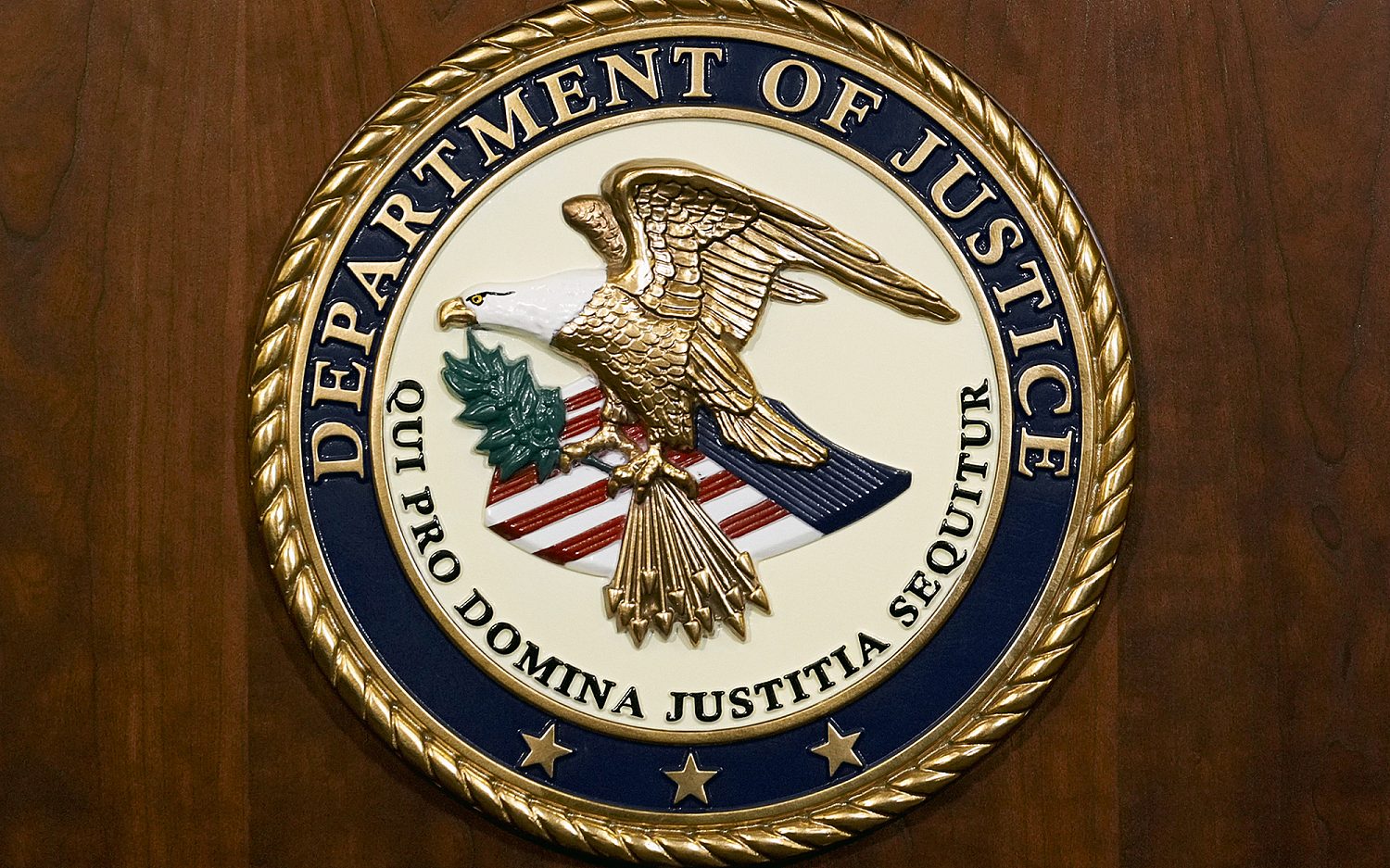Dollars and Sense: Will the markets have a happy new year?
Year-end numbers. The markets sank a bit on the last days of 2014 as portfolio managers did a bit of selling as window dressing, locking in gains for the year. But overall, it was a great year in the markets. The S&P 500 had its third straight year of double-digit percentage gains, the first time that’s happened since the 1990s. Despite a few short-lived pullbacks along the way, investors ended up with more than a 12 percent return for the benchmark Standard and Poor’s 500 stock index and a huge 14 percent rise for the Nasdaq. The Dow Jones industrial average powered through both 17,000 and 18,000 benchmarks this year, though overall it was up by a somewhat less gaudy, though still respectable, 7.5 percent.
Story of the year. The strength of the stock markets was on a number of lists for the economics story of the year. A lot of folks—and I was among them—thought that with the end of quantitative easing the markets would sag and inflation would rear its ugly head. So far, neither has happened. I’m not saying that won’t happen in 2015, but so far we see no indication of either.
Oil prices. The huge drop in oil prices also made a lot of “top 10” lists, and for good reason. At one point this year, the price of a barrel of crude oil was $115. On Friday, it opened at around $56, up from a low in the low 50s. The most obvious result has been a lowering of gas prices, from a high of $3.70 a gallon to a national average today of about $2.30, with some states under $2. That’s the lowest price in about five years. Conventional wisdom says for every $10 drop in oil prices, you add about a quarter percent to gross domestic product growth.
GDP growth. That takes us to another top story for 2014: GDP growth and the strength of the economy. Third quarter GDP growth came in at an annual rate of 5 percent, the strongest growth in five years. And jobs are back, too. The unemployment rate is now below 6 percent nationally and the economy added more than 3 million jobs in 2014. That’s the most since 1999. A lot of people—again, me included—think this recovery has been too slow and unduly hampered by government manipulation, but anyone who says things aren’t better today than they were 12 months ago has a very tough argument to make.
Cyber-security. It wasn’t all good news in 2014, of course. Cyber-security is one of the biggest threats to the economy, and we saw it come of age in 2014. Most recently, of course, we saw the infamous Sony hack, which all but disabled that company, at least temporarily. But Home Depot, Target, Kmart, Dairy Queen, and Albertsons all experienced major security breaches. JP Morgan Chase said hackers stole information from about 76 million households this year. That’s nearly half the households in the country.
Problems overseas. No list of the top stories of the year would be complete without noting that as the U.S. economy has boomed, the rest of the world has struggled. Japan has fallen back into recession. The 18 countries of the eurozone are stagnant, with deflation a real threat there, and that could be disastrous from an economic point of view. China is still growing, but its pace has now slowed to about 7.3 percent, a five-year low. And in an interconnected global economy, it will be impossible for what’s going on in these countries not to have an effect on us in 2015.
The road ahead. So what should we be looking for in 2015? In the near term: corporate earnings. Conventional wisdom says inflation, job growth, oil and other energy prices, and gross domestic product growth will be the macro-indicators in 2015. But in the short term, corporate earnings will tell us whether these record and near-record stock prices are legitimate. We’ll begin getting our first earnings reports for the fourth quarter 2014 and for the year, beginning next week, when Alcoa kicks off earnings season. Consumer confidence also will be key. We learned last week that consumer confidence rose in December. The Conference Board said its index rose to 92.6 from 91 in November. Retail spending still drives the economy. If the consumer confidence index stays at that level for most of 2015, it’s likely to be a pretty good year.
An actual newsletter worth subscribing to instead of just a collection of links. —Adam
Sign up to receive The Sift email newsletter each weekday morning for the latest headlines from WORLD’s breaking news team.





Please wait while we load the latest comments...
Comments
Please register, subscribe, or log in to comment on this article.